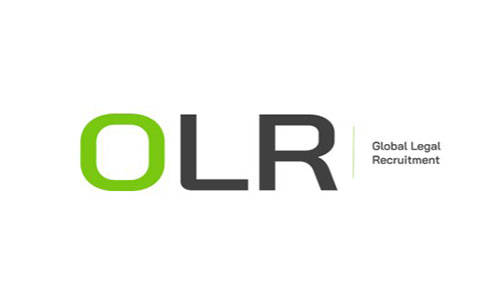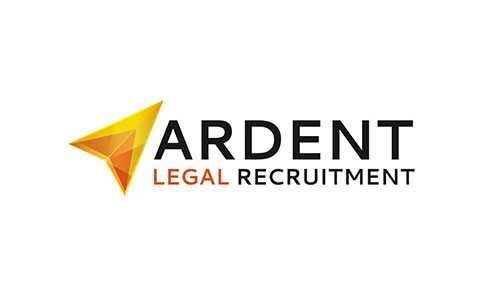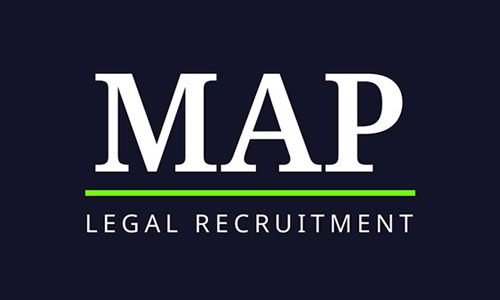Legal tech's agentic AI boom: European startups raise $230m+ in two months

European legal tech startups raised more than $230 million in Q2 2025 as investor interest in autonomous legal AI agents surges.
Recipients include Noxtua, Wordsmith, Legora, Flank and Definely, with several developing agentic legal AI tools.
The race to build autonomous legal AI agents is on, and investors are throwing serious money behind the frontrunners.
Between April and mid-June, five legal tech startups across Europe raised a combined $237 million, with much of the funding aimed at accelerating development of agentic AI: a new breed of legal tech that acts less like a chatbot and more like a digital junior lawyer.
Big bets on AI agents

Berlin-based Noxtua led the pack with a $92 million (€80 million) Series B round in April, pitching its platform as "Europe’s first sovereign legal AI." Not far behind was Stockholm’s Legora, which raised $80 million in May to fuel expansion of its collaborative AI platform that's seen as a direct competitor to US rival Harvey.
Edinburgh-based Wordsmith pulled in $25 million also in May for its legal agents for in-house teams, while London’s Definely closed a $30 million Series B round and Berlin-based Flank added $10 million through a Series A round of its own.
The numbers point to a market that’s heating up very quickly.
From chatbot to co-worker
What’s changed is a shift towards so-called "agentic" systems - AI tools that operate autonomously within a business’s existing workflows, like Word, Slack or Teams. Unlike traditional tools that assist with drafting or reviewing, agents are designed to triage legal tasks, route queries and even negotiate standard documents from start to finish.
Flank and Wordsmith are already rolling out live agents for use in areas like document review to transform traditionally manual processes like sales or HR getting legal's sign-off on key contracts. Definely - which counts several large law firms as customers - recently unveiled its own AI agents for contract review and drafting.
Noxtua, meanwhile, is betting on full-stack control, branding its solution as a secure, sovereign alternative for EU clients wary of US-based platforms. CMS and Dentons are among the investors backing the company.
Valuations are following
As you might expect, valuations are also heading up and to the right. Wordsmith hit $100 million just over a year after launch (which it says is a record timeline for a Scottish company). Legora's latest round gave it a $675 million valuation. Definely says it nearly tripled ARR in 2024. It's a far cry from legal tech’s sleepy reputation even five years ago.
Global trends are pushing things further. In the US, all eyes are on Harvey - the OpenAI-backed legal AI darling - which is reportedly seeking another $250 million at a $5 billion valuation. That comes just months after its $300 million Series D in February, which valued the company at $3 billion.
Bigger picture
Tara Waters, former chief digital officer at Ashurst who now leads tech consultancy TLW, says the funding frenzy is part of a larger shift. We got her thoughts on the trend.
The latest funding rounds seem to be all about AI agents - how do these actually work, and how do they differ from other tech?
In theory, AI agents have autonomy to deliver a specified outcome leveraging the tools and capabilities available to it in the manner that they determine (rather than solely as instructed). They don't follow a predetermined set of steps or choose from predefined pathways.
In a system that involves many different capabilities and access to external tools and resources, this means the agents start to operate more similarly to people rather than as mere task executors.
Ultimately, agents should allow more complex work to be completed and help lawyers to get to client-ready outputs better and faster with limited lawyer intervention.
Where do you see this ending up - which legal tech companies are best positioned to win and do you see a lot of consolidation happening?
"Agent" is the buzzword du jour and, frankly, when used today it is likely not truly autonomous. However, the limitations of single and multi-shot prompting through chat-based interfaces are becoming more evident.
As lawyers, legal teams and law firms seek more immediate and measurable benefits from AI, introducing more complex AI capabilities that act as efficiency and value multipliers will definitely become the standard.
However, it’s not just about having (or claiming) agentic capability. Products need to create improved experiences, deliver on lawyer expectations in terms of quality and usability of outputs, and have palatable price tags.
It seems likely that consolidation will happen, but if this doesn’t lead to more integrated capabilities then that's likely to be counterproductive. Acquirers must not just collect but reassemble.
How are customers (law firms, in-house teams) responding to the rise of legal AI agents?
So far there seems to be a healthy amount of scepticism about what is actually agentic and not, and there remains concerns about the extent to which lawyers can or will accept autonomous solutions.
Lower risk outcomes (like negotiating NDAs) are already being explored - but that is really selling the capability short. In-house teams seem more open to agentic systems where there is typically a clearer risk profile of certain work and that risk is for them to take. That’s more challenging for firms where that risk is actually their clients' risk - something they usually don’t gamble with.
Join 10,000+ City law professionals who start their day with our newsletter.
The essential read for commercially aware lawyers.







